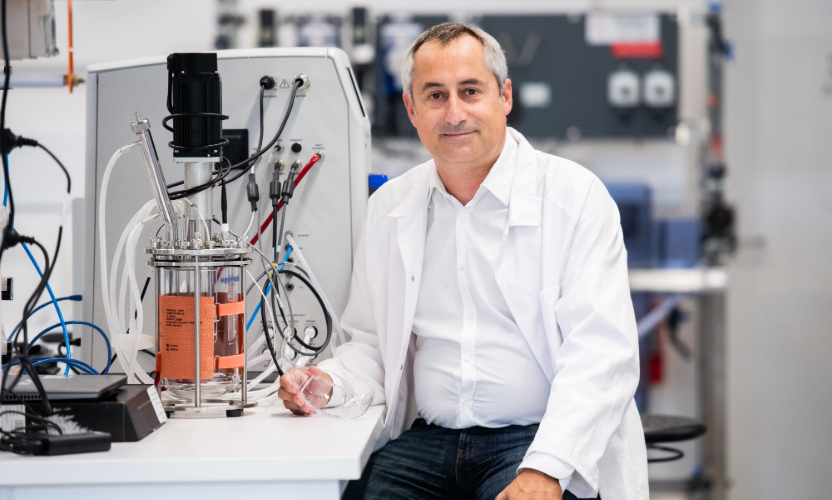
Research into the insidious and far-reaching impacts of pesticides has seen an environmental engineer chosen to represent Australia in a global competition for breakthroughs in sustainability science.
On 22 April 2024, Associate Professor Federico Maggi of the University of Sydney was declared a National Champion for the Frontiers Planet Prize, an initiative of the not-for-profit Frontiers Research Foundation.
Now in its second year, the prize focusses on research that shows the greatest potential to help humanity remain within the boundaries of our planet’s ecosystem.
Associate Professor Maggi is one of three researchers nominated by the Australian Academy of Science, for his paper ‘Agricultural pesticide land budget and river discharge to oceans‘.
He is now in the running for one of three International Championship prizes, each worth one million Swiss francs or around A$1.6 million, which are awarded as a grant to the recipients’ host institutions to fund their continued research.
The winners of the International Championships will be announced at an award ceremony on 26 June at the Frontiers Planet Prize Award Ceremony in Montreux, Switzerland.
The National and International Champions are chosen by a jury of 100 leading sustainability scientists, and will become part of the Frontiers Planet Prize alumni network, where they will have opportunities to share their research and findings at events in collaboration with the Frontiers Planet Prize partners.
Associate Professor Maggi said he and the paper’s co-authors, Fiona Tang and Francesco Tubiello, were humbled to have their work of many years receive this recognition.
Their study represents the first comprehensive environmental assessment conducted on the journey of individual pesticides from their origins to their endpoints across the globe.
With each pesticide carrying its own distinct toxicity and mode of action, the research provides insights into the impacts of substances resistant to degradation and identifies biodiversity risk hotspots where they accumulate, Associate Professor Maggi said.
“The geographic extent of pesticide contamination is so broad that there is no pristine environment in the world left … every corner of the Earth has been adulterated by these chemicals,” he said.
“Agriculture is by far the greatest consumer of pesticides, with about three million tonnes of active substances used on crops each year. Active substances in pesticides are designed to kill unwanted invasive species in agriculture but have severe adverse side effects on non-target living organisms.
“Our research has led to greater worldwide awareness of the severe pollution from these invisible chemicals that are greatly affecting ecosystems and humanity.”
Associate Professor Maggi said the findings underscore the “urgent need to enact a radical change in the food production system, where profit should be equally valued as environmental conservation and human health. Our paper is a salient warning: now is the time to set planetary boundaries over the use of these pesticides.”
One of the two Australian runner-up nominees is looking at alternatives to pesticides, to address the devastation caused by rodent invasions.
Professor Peter Banks of the University of Sydney was nominated for his research into “olfactory misinformation” as an ecologically sensitive approach to rodent management, including the use of masking odours to hide desirable food such as crop seeds.
Dr Sachinthani (Sachi) Karunarathna of the University of Melbourne was nominated for her work developing rubberised concrete road barriers. By incorporating around 45kg of waste tyre per barrier, Dr Karunarathna said occupant safety is enhanced, while tackling the problem of tyre waste and extending the lifespan of road barriers.








